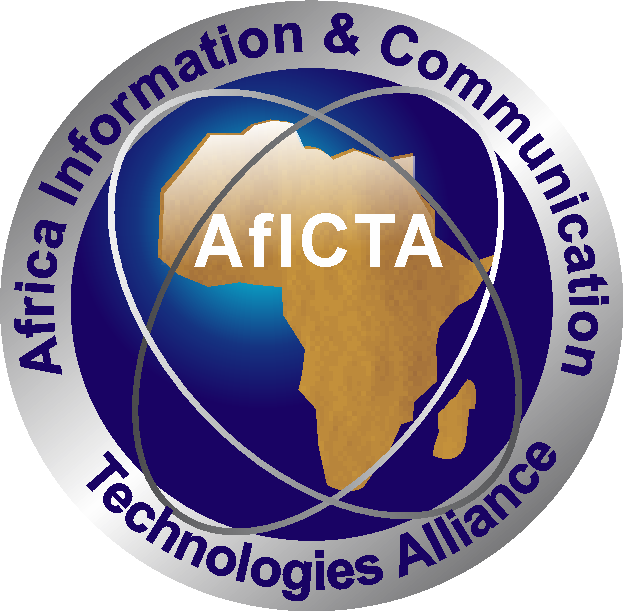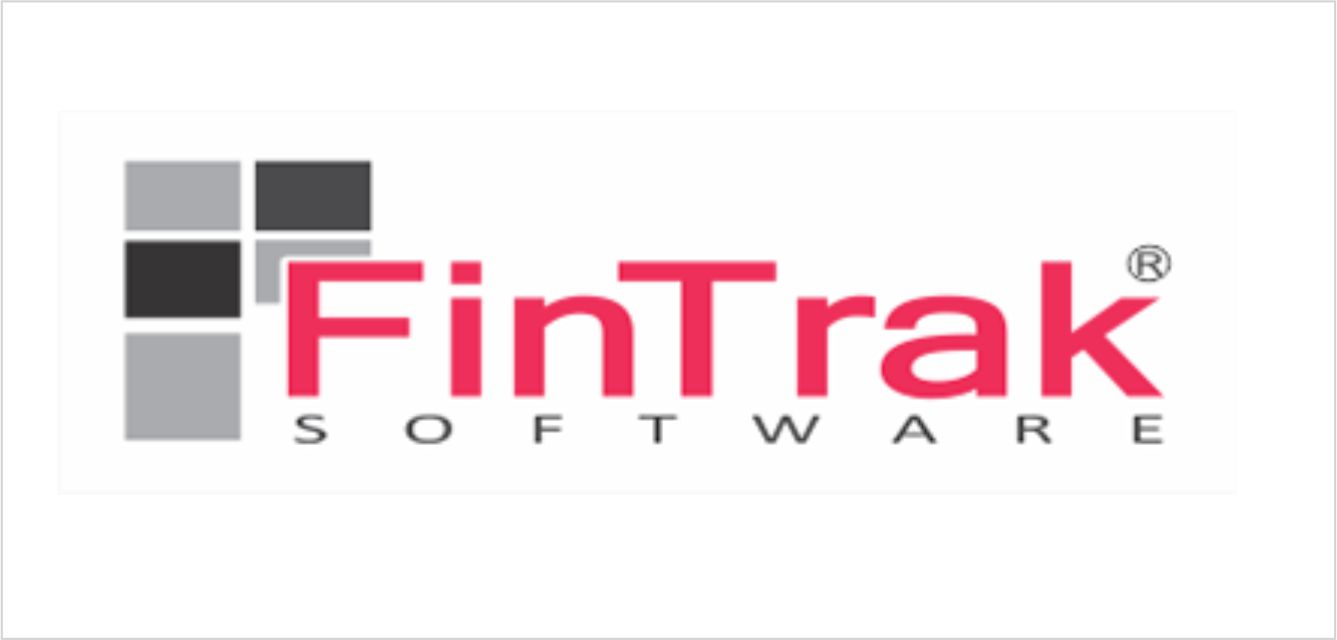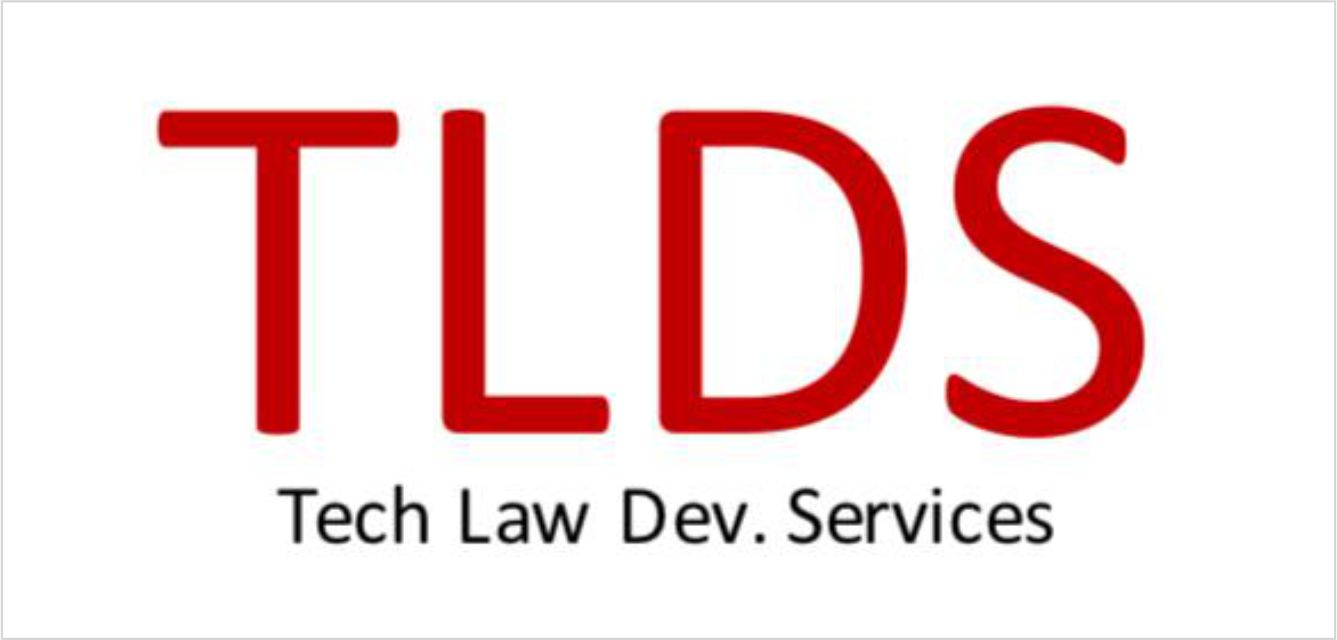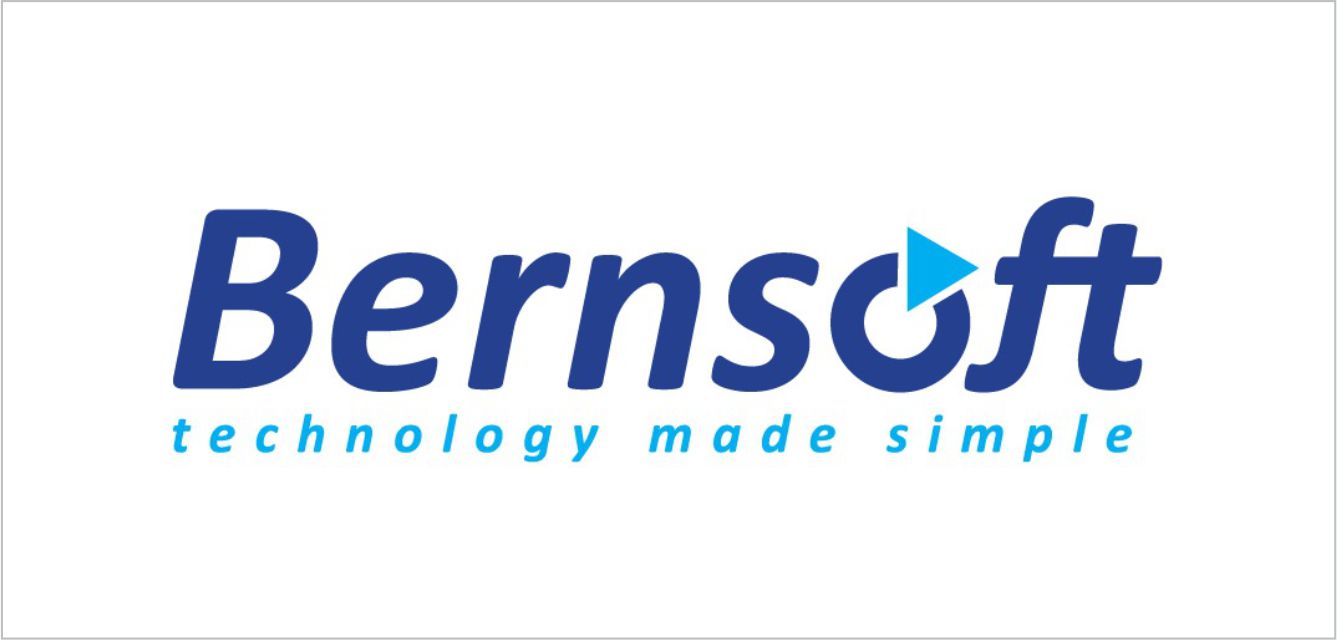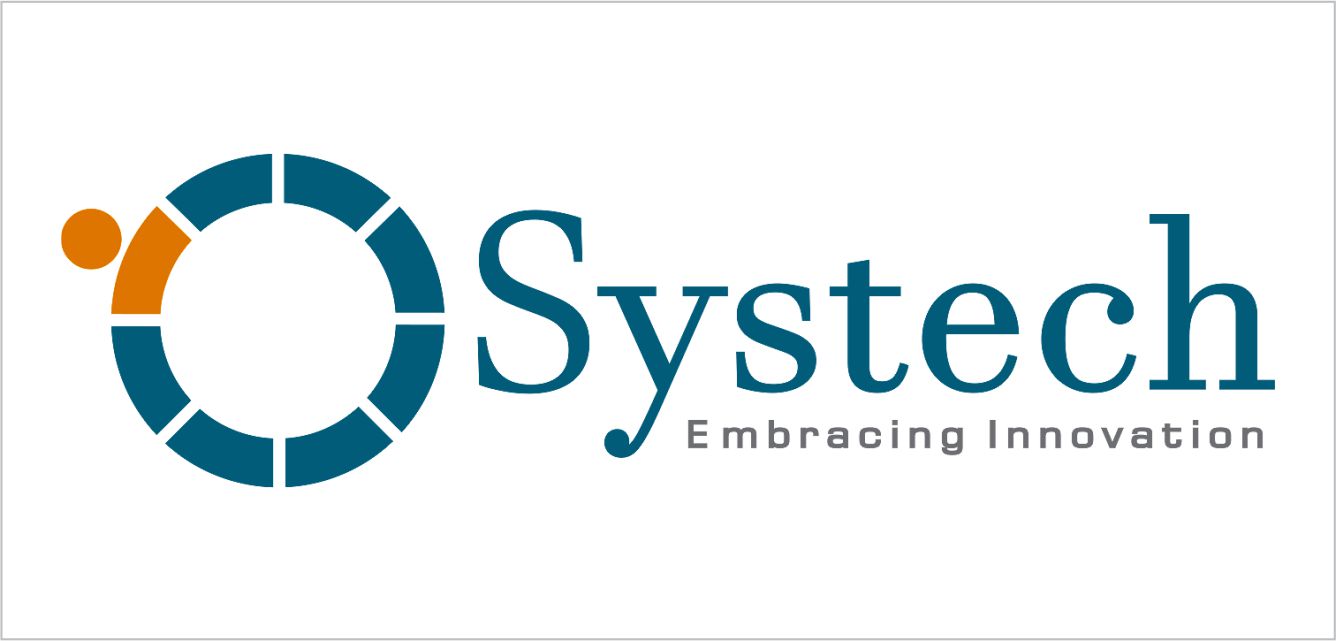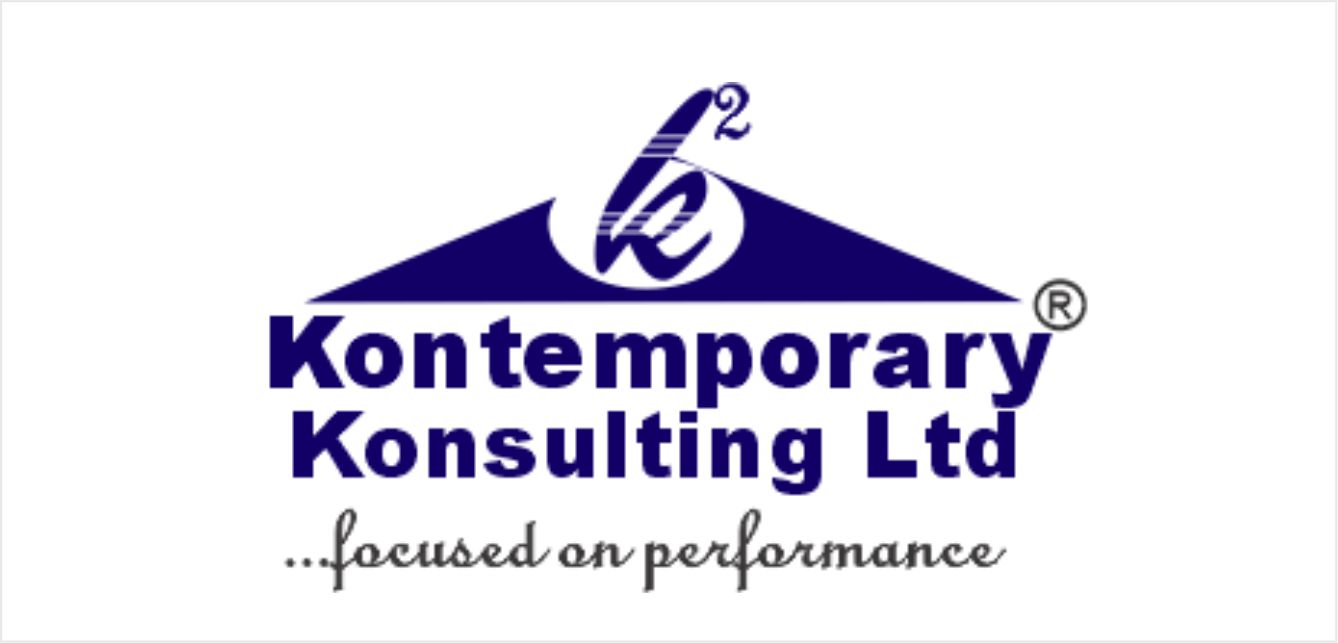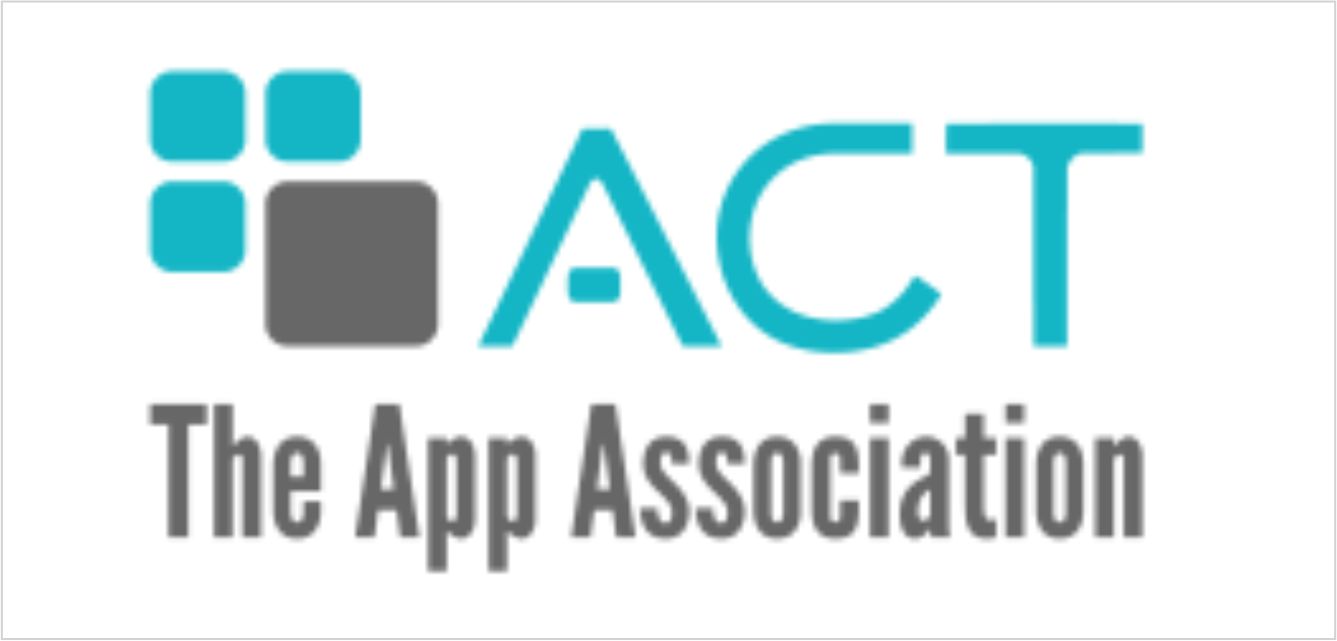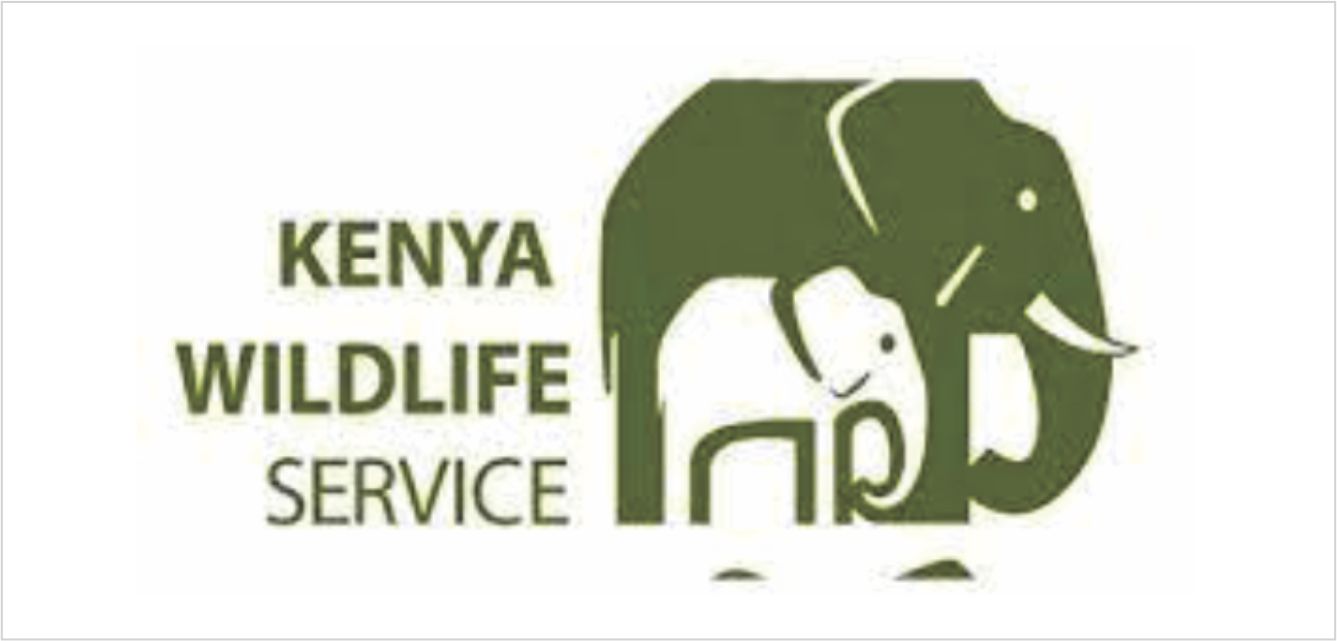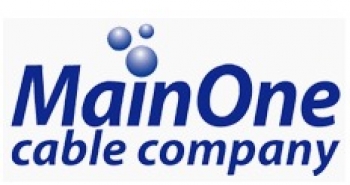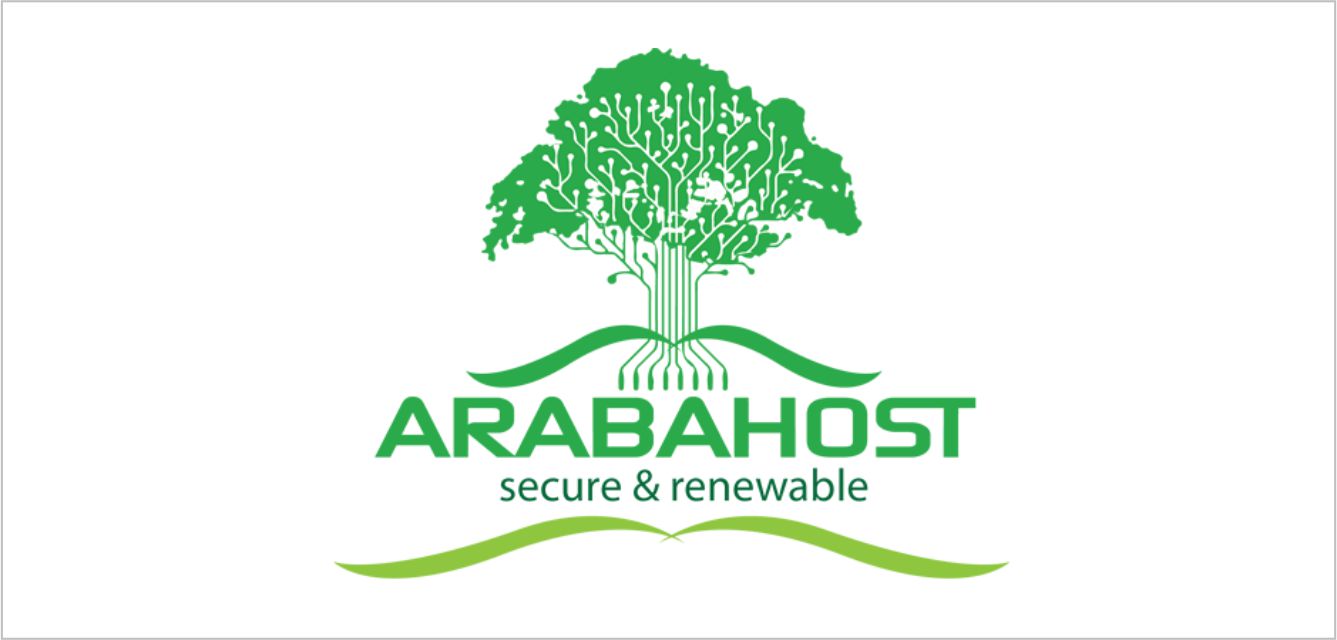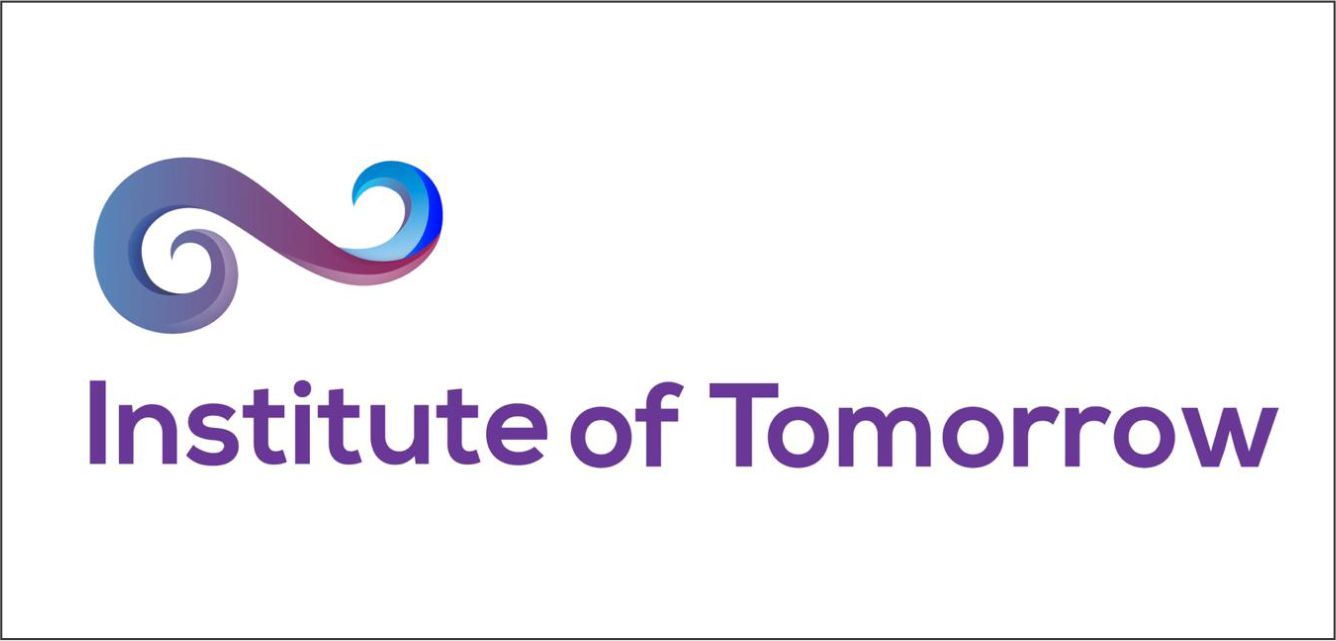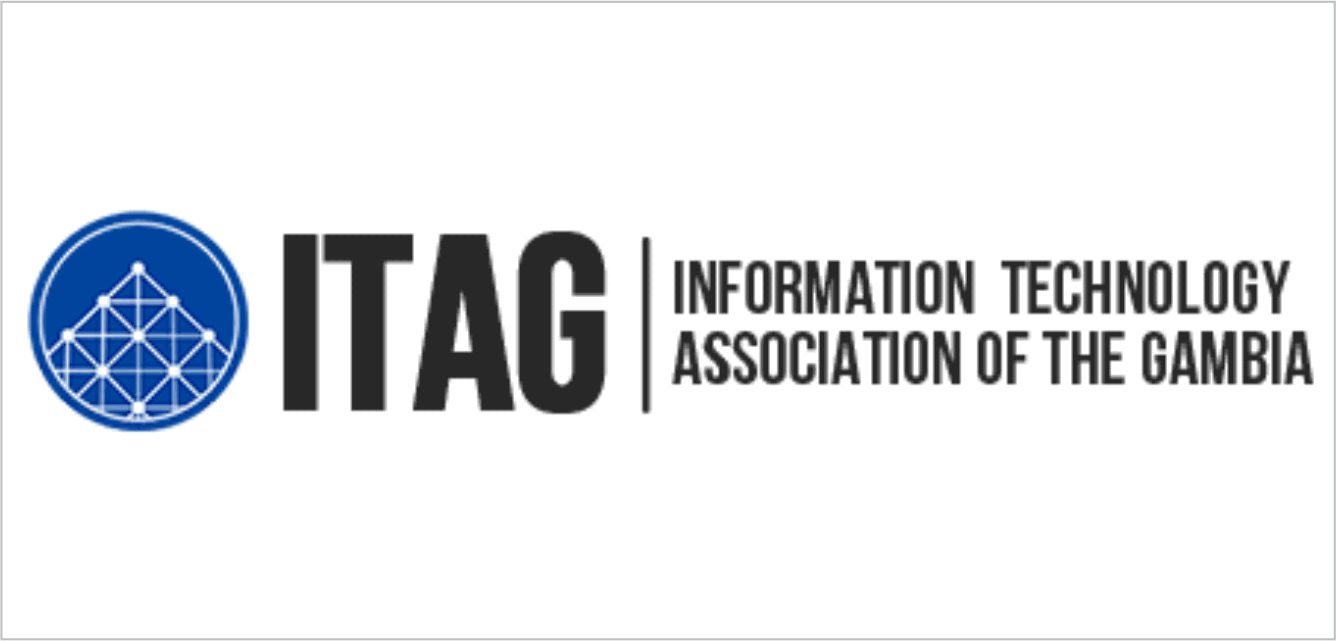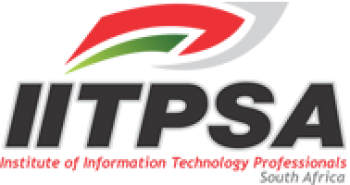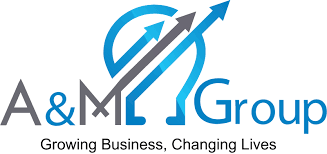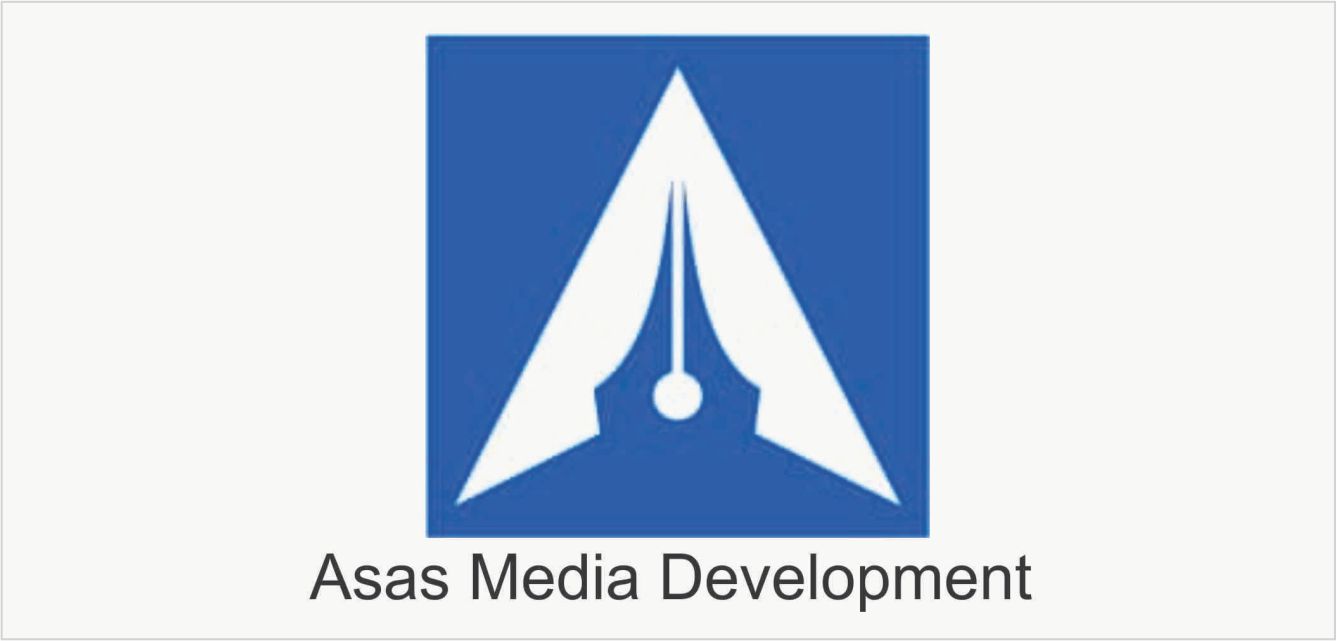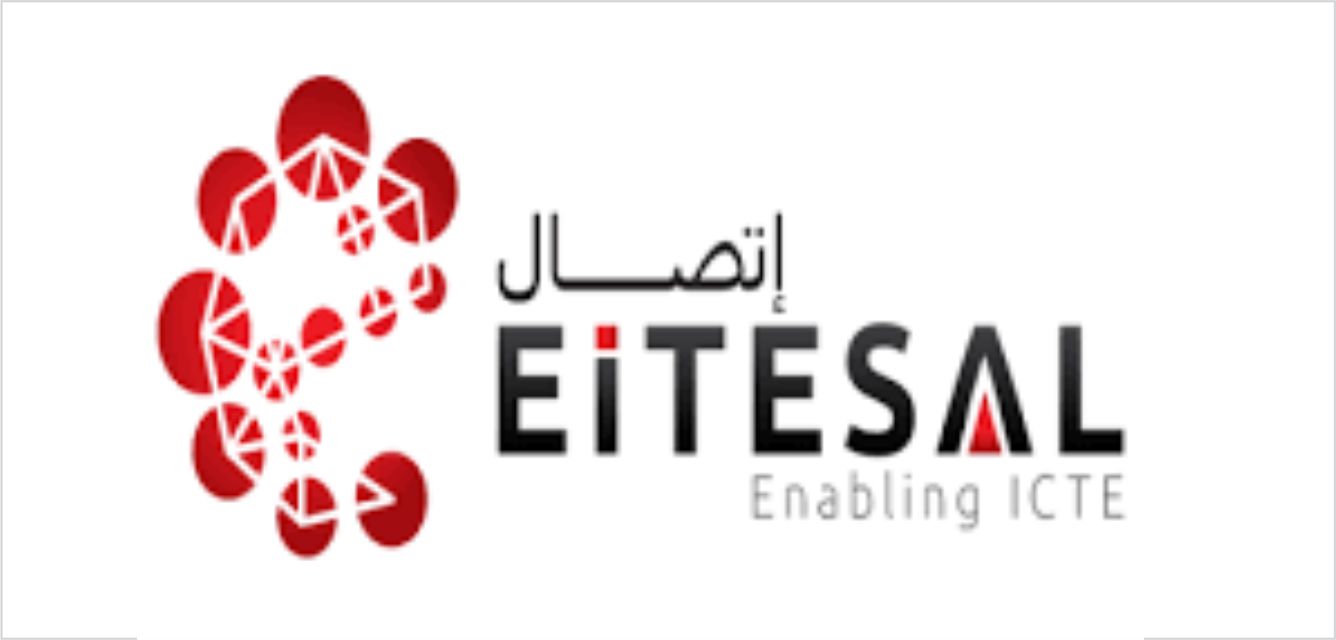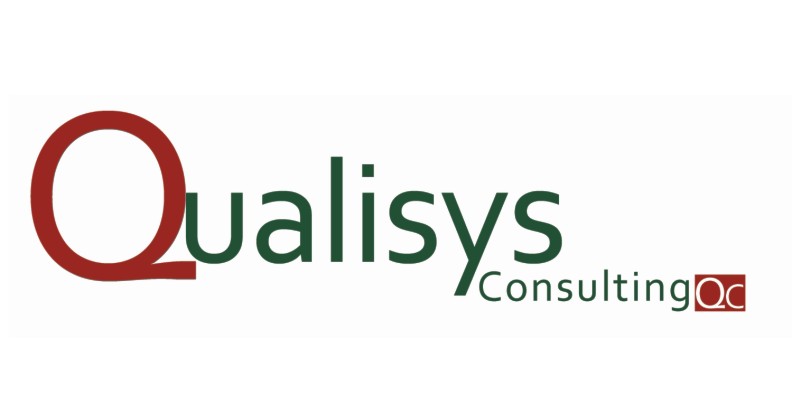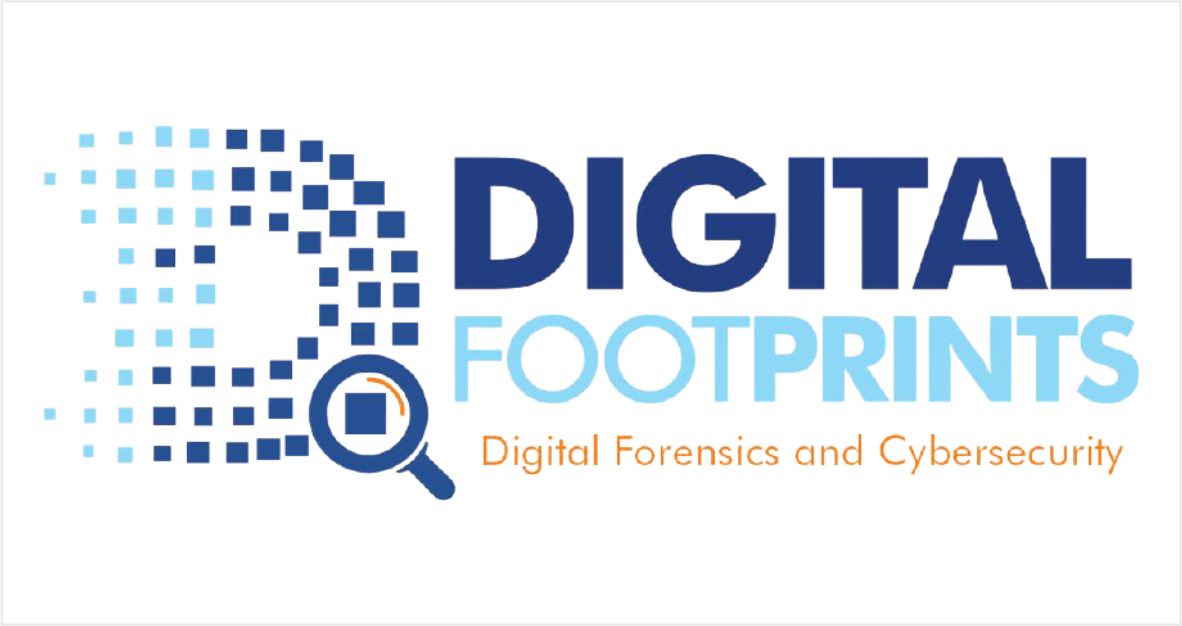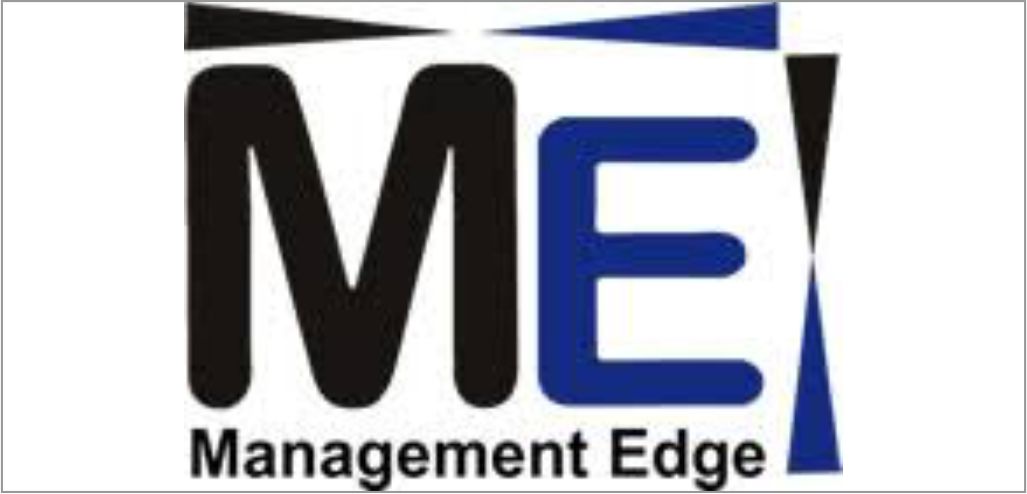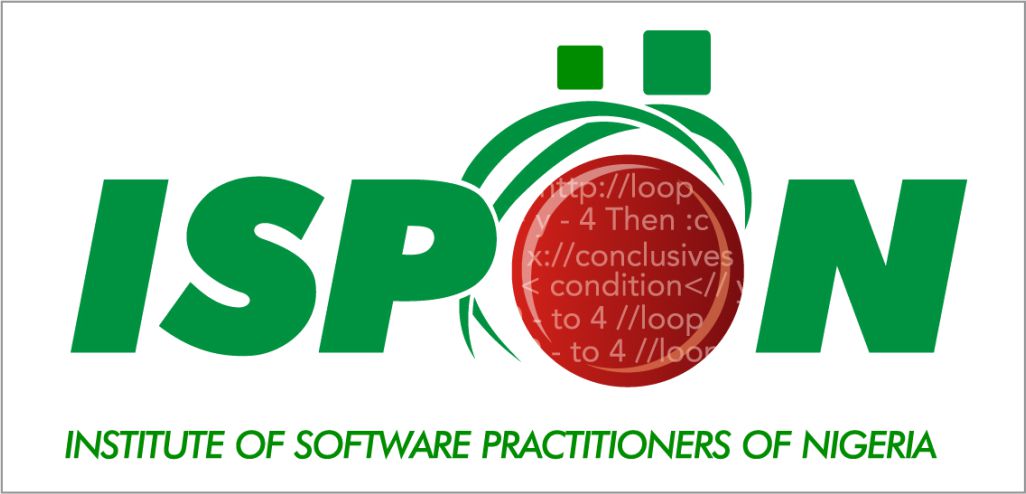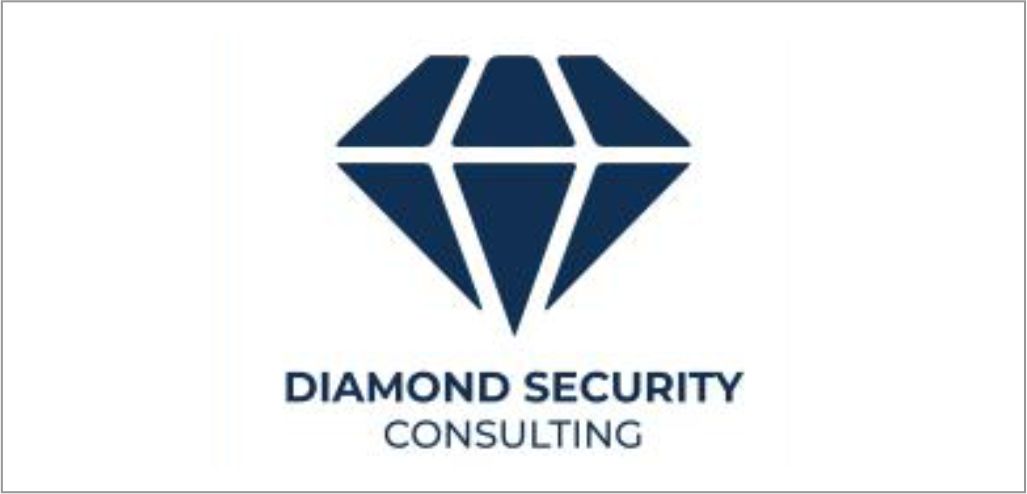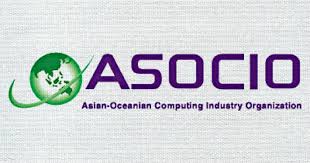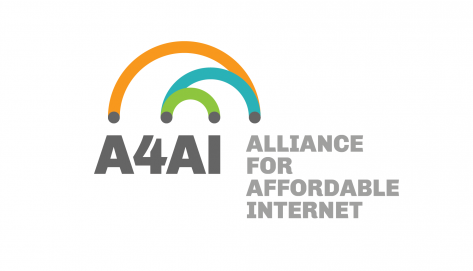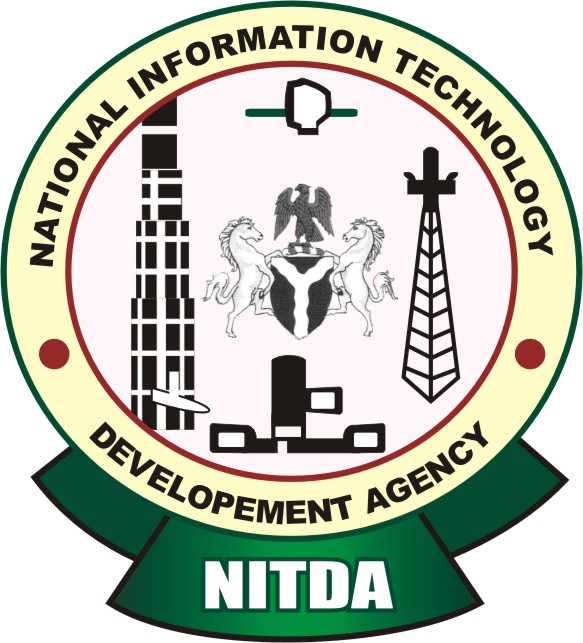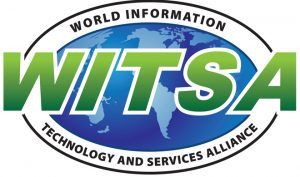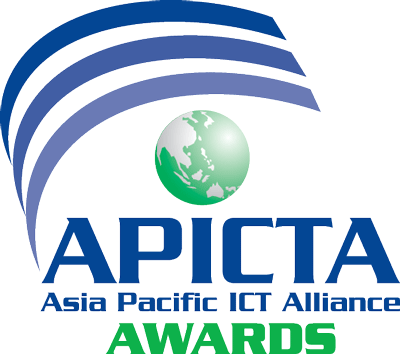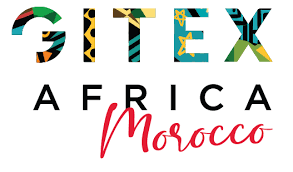AfICTA - West African IGF 2021 Workshop Session
28-30 July 2021
Virtual
|
Session/Event: |
Digital Inclusivity in West African Countries (WACs): Exploring User Connectivity vs. Content |
|
Date: |
29 July 2021 |
|
Time: |
1:00 - 2:00 pm GMT |
|
Moderator: |
Mr. Inye Kemabonta / AfICTA- Africa ICT Alliance |
|
Reported By: |
Oyeyemi Kayode Isaiah / AfICTA - Africa ICT Alliance |
Panelists:
Dr. Kossi AMESSINOU (Government)
Mr. Eric Kouam (Private Sector)
Summary of the Presentations:
The session was opened by the Chair of AfICTA, Mr. Thabo Mashegoane, who graciously joined from Johannesburg in South Africa with opening remarks and appreciation to the WAIGF organizing team for giving AfICTA the platform to discuss such a very important topic and without delay, the moderator, Mr. Inye Kemabonta yielded the platform to the panellists for a brief introduction, after which the panellists took turns to address the policy questions.
Policy Question 1
“Given the fact that a user-centric policy formulation approach is proven to be more efficient, How do we mobilize policymakers and users to take ownership of policy formulation from the perspective of their own needs?”
Eric Kouam:
The session began with Eric Kouam who spoke expressly on the first policy question. He defined a “user-centric policy formulation approach” as one that is intentionally designed and implemented with the end-user group as a co-designer. He defined users as those who; use a product or service, benefit from its usage, or are imparted by the policy behind it.
He categorized the policy formulation process into two stages which include “1. Clear Assessment, and 2. Implementation, The Clear Assessment stage is the stage at which the approach to adopt for policy formulation is defined. He emphasized the need to ensure the approach is clear enough to accommodate the views and metrics of all relevant stakeholders involved. Furthermore, Eric Kouam defined, Implementation stage as the stage where the policy formulated is put into effect.
One of his recommendations was that the Civil Society Organizations should undertake education and enlightenment programs to sensitize stakeholders who are normally impacted by policies, and Governments Agencies involved in policy development (such as NITDA in Nigeria and NITA in Ghana) about the critical importance of inclusiveness to eventual and meaningful policy implementation.
Dr. Kossi Amessinou:
Dr. Kossi Amessinou’s opinion about the above policy question was that “although there may be the need for deeper involvement of individual citizens/users in policy formulation, but users have always been participating in the process. He added that civil society should be specific about the issues they would like to handle or address and not just a “jack of all trades, master of none”. He advised that there may be a need for users to identify with any relevant civil society group to form a stronger voice that enforces their recommendations into consideration.
Other recommendations included:
- Associations such as AfICTA, which represent private businesses and stakeholders in general, should engage in strong advocacy programs to encourage Governments to ensure that templates for policy formulation would always be clear for users to identify with and allow inclusiveness, both at the assessment and implementation stages. In that regard, Government should be regularly prompted by such representative bodies to adopt a bottom-up approach to policy development.
- Users and stakeholders should be sensitized on the need to identify with relevant civil society or organizations such AfICTA - Africa ICT Alliance, A4AI - Alliance for Affordable Internet and African ICT Foundation through which their voices could be strongly heard.
After a 10 minutes interaction with the participants, the second part of the session started and the speakers addressed the second policy question as found below:
Policy Question 2
“What innovative and emerging practices can be implemented to stimulate the demand/consumption of indigenous digital services and solutions?”
Dr. Kossi Amessinou expressed how dissatisfying Internet service which is the major driver for digital services and solutions could be and hence recommended that there should be more investment into internet infrastructure and maximum usage of the available submarine cables. He added that the cost of broadband should be relatively low to allow more people to access citizen-facing services online.
Eric Kouam’s opinion was that governments of WACs should digitize their processes and records without any further delays and put citizen-facing services online while also ensuring that digital infrastructure deficits are vigorously addressed.
One of the interactions from among the attendees was that government should create a level playing field and provide some level of support to local content creators to ensure they meet the standards generally acceptable by users at an affordable price.
Key Issues Raised:
- “Given the fact that a user-centric policy formulation approach is proven to be more efficient, How do we mobilize policymakers and users to take ownership of policy formulation from the perspective of their own needs?
- “What innovative and emerging practices can be implemented to stimulate the demand/consumption of indigenous digital services and solutions?”
Actions recommended:
- Users and stakeholders should be sensitized on the need to identify with relevant civil society or organizations such as AfICTA - Africa ICT Alliance, A4AI - Alliance for Affordable Internet and African ICT Foundation through which their voices could be strongly heard. (It’s an ongoing effort by AfICTA, A4AI…)
- Associations such as AfICTA, which represent private businesses and stakeholders in general, should engage in strong advocacy programs to encourage Governments to ensure that templates for policy formulation would always be clear for users to identify with and allow inclusiveness, both at the assessment and implementation stages. In that regard, Government should be regularly prompted by such representative bodies to adopt a bottom-up approach to policy development. (It’s an ongoing effort by AfICTAwith aim to intensify before the end of 2021)
- Civil Society Organizations should undertake education and enlightenment programs to sensitize stakeholders who are normally impacted by policies, and Governments Agencies involved in policy development (such as NITDA) about the critical importance of inclusiveness to eventual and meaningful policy implementation. (Civil Societies)
- Eric Kouam’s opinion was that governments of WACsshould digitize their processes and records without any more delays and put citizen-facing services online while also ensuring that digital infrastructure deficits are vigorously addressed. (Action by WACs Government and according to the SDGs, sooner than 2030)
- Among the interactions from the participants includes a recommendation that WACs Government should create a level playing field and provide some level of support to local content creators to ensure they meet the standards generally acceptable by users at an affordable price. (Action by WACs Government)
Other Discussion Points:
- Demand drivers for digital services and solutions were examined and aside from the need for government to invest heavily into Internet infrastructures, the opinion that WACs government should ensure it digitized the services they offer the general public was also raised and by so doing citizens would be driven to go online. We may be doing well when it comes to the Finance sector, eCommerce, e-Transportation, e-Agriculture but more importantly Health sector, Education Sector etc. should as well be digitized.
- A participant raised the concern on how Government provided services are extremely monopolistic and it becomes so difficult for consumers and users to demand better quality of service when there are no better alternatives to switch to. An example given was that “Government-run web-servers are usually unstable but government-owned websites are not allowed to be hosted on private-owned web servers. Eric Kouam responded that Government has the responsibility to ensure they offer acceptable service to the users but users need to make a demand for such through awareness, advocacy, and constructive engagement.
- Most of the time our African governments restrict access to the Internet due to security reasons. There are many countries where the Internet was disconnected during election polling. Nigeria recently passed a restriction on access to Twitter. The logic behind promoting internet quality and simultaneously restricting its access is unfathomable. Kossi Amessinou wants users to continue to create awareness of the impact restricting Internet access has on businesses and their survivability.
The moderator, Mr. Inye Kemabonta ended the session with a summary of all the points made and appreciation to the organizer of the 13th West Africa IGF, the panellist, the participants.
